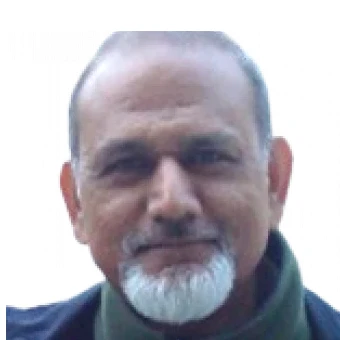Harish Naraindas is professor of sociology at Jawaharlal Nehru University, and honorary professor at the Alfred Deakin Institute, Deakin University. He was adjunct faculty at the University of Iowa (2004-19); DAAD visiting professor at the department of anthropology, University of Heidelberg (2017); joint-appointments professor of the Cluster of Excellence, University of Heidelberg (2008-12); and visiting professor at the department of sociology, University of Freiburg (2009). He works on the history and sociology of science and medicine and has published on a range of topics, including an epistemological history of tropical medicine, a comparative history of smallpox from the 18th to the 20th century, on the creolisation of contemporary Ayurveda, on spa medicine in Germany, on pregnancy and childbirth within the context of competing medical epistemes, a critique of global mental health through a hospital ethnography of German psychosomatic medicine, and on the sacramental nature of anthropological explanations of the non-human. He is currently working on Epigenetics, Ayur-Genomics and Digital Twins; a multi-sited study of perinatal loss and bereavement in the Anglo-European world; and on a general theory of medicine and alternative medicine worldwide, that at once extends and interrogates the anthropological holy trinity of magic, religion and science. Among his publications are a co-edited special issue of Anthropology and Medicine called ‘The fragile medical: the slippery terrain between medicine, anthropology and societies’ (2017), and two co-edited books: Healing holidays: itinerant patients, therapeutic locales and the quest for health (London: Routledge, 2015), and Asymmetrical conversations: contestations, circumventions and the blurring of therapeutic boundaries (New York: Berghahn, 2014

